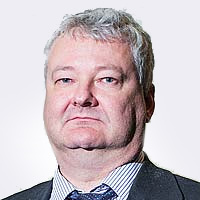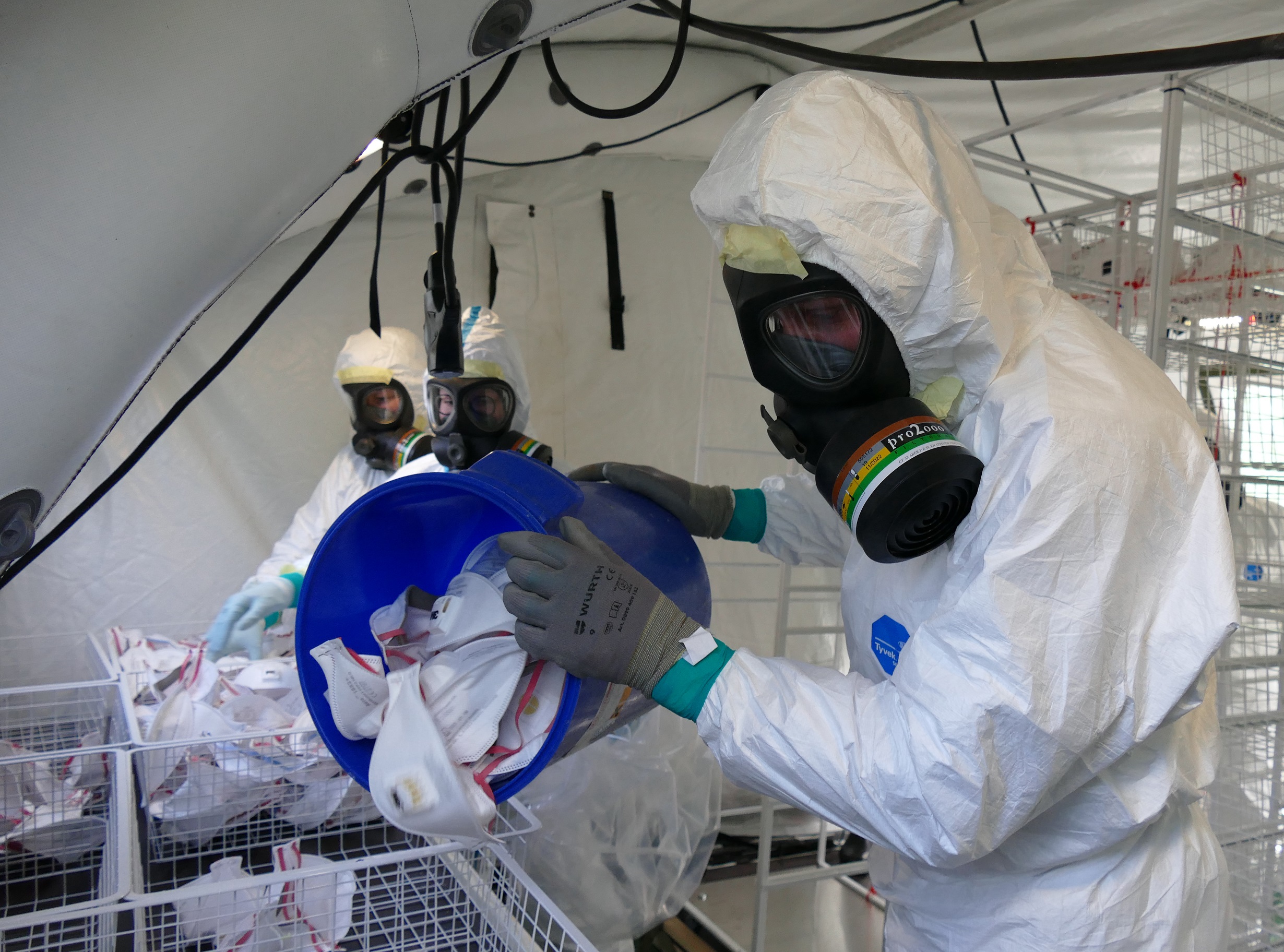The Ministry of Defence has asked the Finnish Defence Forces to continue decontaminating disposable FFP2 and FFP3 face masks for another four weeks in June. Millog has been building practical operational capability and competence in order to take charge of the process going forward.
The Finnish Defence Forces experimented with decontaminating face masks using the vaporised hydrogen peroxide (VHP) sterilisation method in April and May. Millog contributed to the decontamination process. The test results showed that the face masks are microbiologically clean after VHP sterilisation and satisfy the technical criteria set for personal protective equipment.
The test results showed that the face masks are microbiologically clean after VHP sterilisation and satisfy the technical criteria set for personal protective equipment.
The Ministry of Defence has now asked for the decontamination of face masks to continue for another four weeks. The plan is to place the decontaminated masks into storage and study how long they remain viable. The potential of decontaminating soft materials such as isolation gowns worn by hospital staff and the effects of sterilisation on their properties are also being studied. The decontaminated items will not replace new personal protective equipment for the moment but are being stored in case supplies from other sources run out.
“We are excited to be involved in the experiment, and it feels natural that we should take charge of the process. This kind of work is extremely important to us and part of our core mission of keeping society running in times of crisis and providing security of supply”, says Millog’s Preparedness Director Petri Seppälä.
The decontamination process is being operated by a team of 15, and Millog’s supervisors oversee not just Millog’s own workers but also staff laid off from Finnair. The process has proven to be efficient and can be started up again later if the government deems it necessary. The Finnish Defence Forces plan to transfer responsibility for the decontamination technology and the entire process to Millog before the end of the four-week period in preparation for such a decision.
“We have trained our people so that each member of the team can perform any role in the process, including management. The team is highly motivated”, says System Manager Juha Koskinen, who currently oversees the decontamination process.
“We had built the competence to operate the system by the time the experiment ended. Our experts have helped us to understand how the decontamination process works both operationally and chemically. We are ready to take responsibility for the whole process if a decision is made to continue this work after the four-week period”, says Millog’s Technical Manager Samppa Astikainen.
Ask for more information

